This post originally appeared in the monthly farm animal welfare newsletter written by Lewis Bollard, program officer for farm animal welfare. Sign up here to receive an email each month with Lewis’ research and insights into farm animal advocacy. Note that the newsletter is not thoroughly vetted by other staff and does not necessarily represent consensus views of Open Philanthropy as a whole.
Most people agree that farmed animals deserve better legal protections: 84% of Europeans, 61–80% of Americans, 70% of Brazilians, 51–66% of Chinese, and 52% of Indians agree with some version of that statement. Yet almost all farmed animals globally still lack even the most basic protections.
America has about five times more vegetarians than farmers — and many more omnivores who care about farm animals. Yet the farmers wield much more political power. Fully 89% of Europeans think it’s important that animals not be kept in individual cages. Yet the European Commission just implicitly sided with the 8% who don’t by shelving a proposed cage ban.
When farm animal welfare is on the ballot, it usually wins. Most recently, citizens in California and Massachusetts voted for bans on cages and crates by 63% and 78% respectively. Yet both ballot measures were only necessary because the state legislatures refused to act.
The US Congress last legislated on farm animal welfare 46 years ago — only at slaughter and only for mammals. Yet I’m not aware of a single bill in the current Congress that would regulate on-farm welfare. Instead, Congress is considering two bills to strike down state farm animal welfare laws, plus a handful of bills to hobble the alternative protein industry.
What’s going on? Why do politicians worldwide consistently fail to reflect the will of their own voters for stronger farm animal welfare laws? And how can we change that?
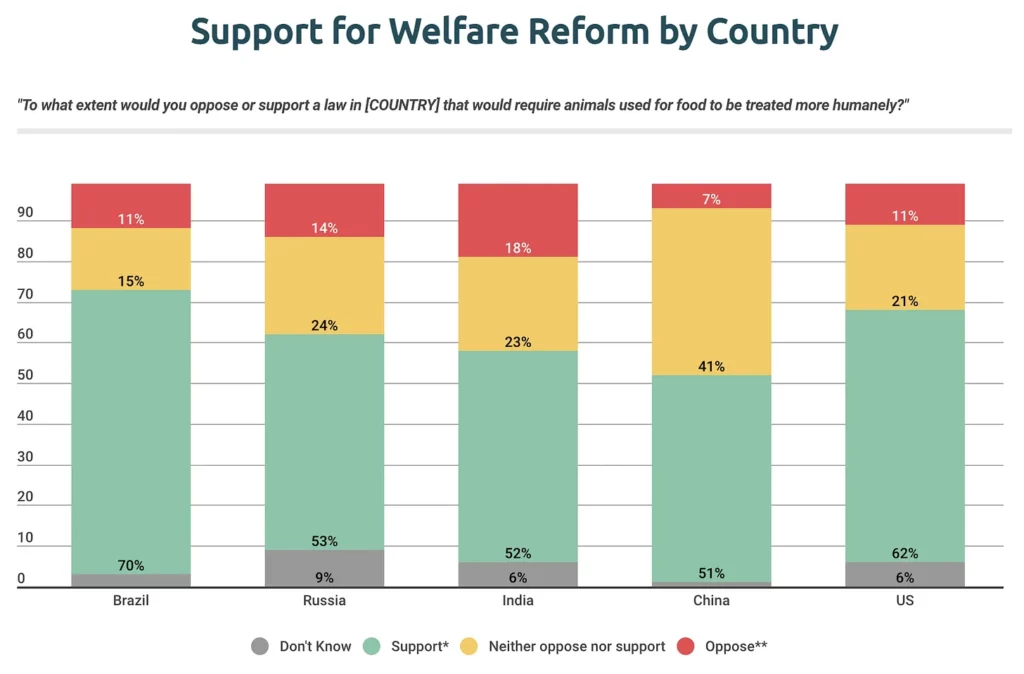
Milking the system
Factory farmers have an easier assignment than us: they’re mostly asking politicians to do nothing — a task many excel at. It’s much harder to pass laws than to stop them, which may be why animal advocates have had more success in blocking industry legislation, like ag-gag laws and laws to censor plant-based meat labels.
Factory farmers are also playing on their home turf. Animal welfare bills are typically referred to legislatures’ agriculture committees, where the most anti-reform politicians reside. A quarter of the European Parliament’s agriculture committee are farmers, and many of the rest represent rural areas.
But these factors are both common to all animal welfare legislation, not just laws to protect farmed animals. Yet most nations and US states have still passed anti-cruelty laws for other animals. And most of these laws go beyond protecting just cats and dogs. Organizing a fight between two chickens is punishable by up to five years in jail in the US — even as abusing two million farmed chickens is not punishable at all.
A few other factors are unique to farm animal-focused laws. They may raise food prices; EU officials recently gave that excuse for shelving proposed reforms. Farm animal cruelty is not top of mind for most voters, so politicians don’t expect to suffer repercussions for ignoring it. And factory farming can be dismissed as a far-left issue, which only Green politicians need worry about.
But this isn’t the whole story. Surveys show that most voters across the political spectrum support farm animal welfare laws. Politicians often work on issues that aren’t top of mind for most voters; Congress recently legislated to help the nation’s one million duck hunters. And politicians happily pass laws that may raise food prices to achieve other social goals, like higher minimum wages, stricter food safety standards, and farm price support schemes.
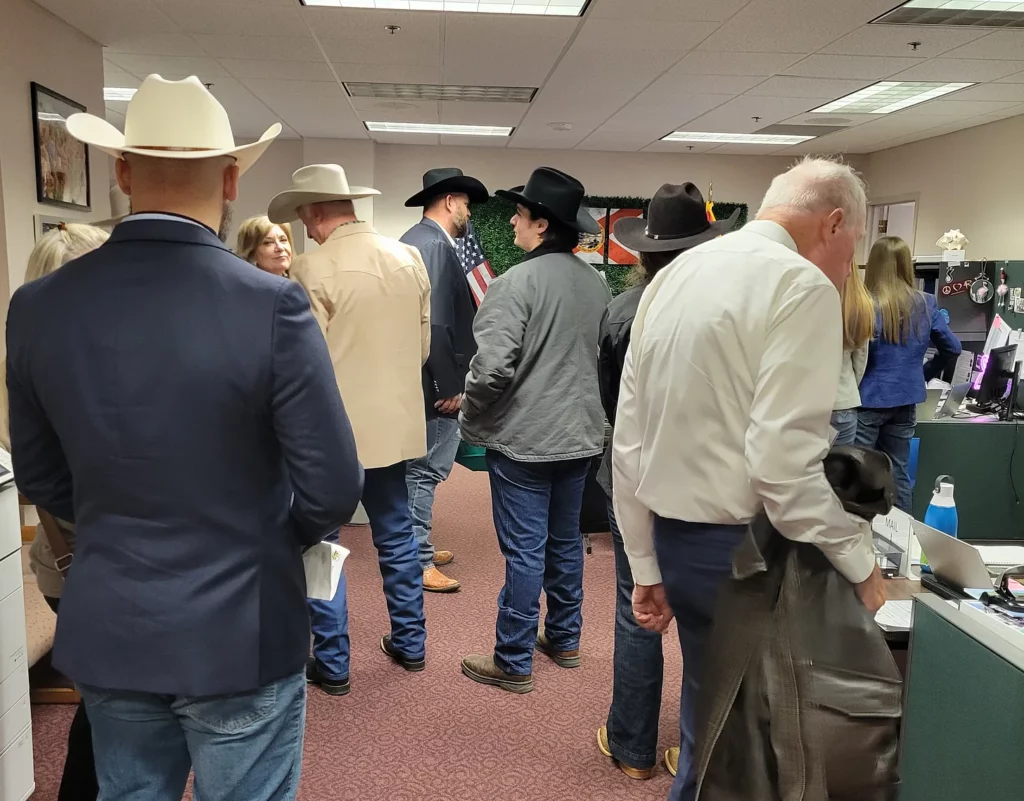
Master lobbyists, with tractors
A more potent factor is the farm lobby. They achieve impressive feats. Farmers are wealthy, but receive lavish government subsidies. They’re few, but two dozen sit in the US Congress. They’re mostly conservatives, but liberal politicians still do their bidding — see Democratic Senator John Fetterman’s new bill to crack down on egg alternatives.
How do they do it? Money helps. The US National Pork Producers Council spent $2.8M lobbying last year, much of it presumably to advance the anti-animal EATS Act. Individuals, companies, and groups associated with the meat industry made about $45M in political contributions in the 2020 election cycle — about $45M more than animal advocates.
Farmers are also well-organized in powerful lobby groups, which craftily inflate their numbers. The American Farm Bureau claims six million members, but most are insurance customers, not farmers. Europe’s Copa Cogeca says it “represents over 22 million farmers and their family members,” but that’s just the number of Europeans who work in food production.
Farmers have a hold on the popular imagination: “no farmers, no food” is a more popular bumper sticker than “no tax collectors, no government.” The Richard Scarry rule of politics warns politicians against messing with any profession which features in Scarry’s children’s books, like firefighters, doctors — and farmers.
Farmers exploit this image. Whenever a bill threatens them, they show up in force — often in stetsons and spurs or John Deere caps and overalls. They proclaim themselves job creators, and threaten food shortages if they’re ignored. And when all else fails, they bring out the tractors, which they’re currently deploying across Europe to block traffic and political progress.
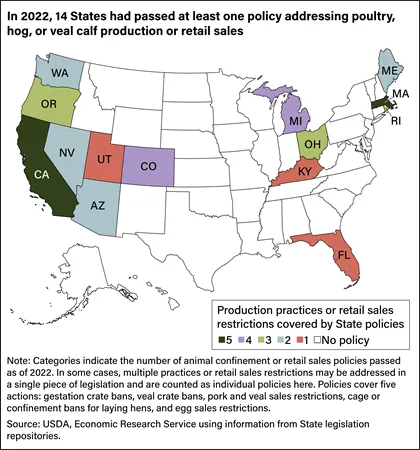
Moo-ving policy, baa-lancing strategies
Yet in spite of these mighty obstacles, advocates have sometimes prevailed. In 1957, a Congressional hearing screened an undercover investigation of cruelty to pigs at slaughter, leading future Vice President Herbert Humphrey to exclaim: “We are morally compelled, here in this hour, to try to imagine — to try to feel in our own nerves — the totality of the suffering of 100 million tortured animals.” The next year the Senate voted 72-9 to enact the Humane Methods of Slaughter Act. Asked if he’d support the bill, President Eisenhower purportedly replied, “If I went by mail, I’d think no one was interested in anything but humane slaughter.”
In 1978, Switzerland passed the world’s first ban on battery cages, via a citizens’ initiative. In the early 1990s, both Sweden and the UK banned gestation crates. In the late 1990s, the European Union partially banned gestation crates and battery cages — the latter with the support of 13 of 15 member states. And from 2002 on, US advocates passed a series of state ballot measures and laws to restrict the use of cages and crates in 14 states.
These wins suggest a few lessons. First, the value of citizens’ initiatives to bypass the factory farm lobby. All US state farm animal welfare laws to date have passed by ballot measure or the threat of one. Only half of US states and a handful of other countries allow for such measures. But advocates in Europe have effectively used non-binding initiatives at the EU and in France to advance reforms.
Second, the value of cross-party support. Every farm animal welfare law I’m aware of, globally, passed with cross-party support. That’s harder in today’s polarized political climate. But the industry still manages it: recent US federal bills to restrict alternative protein labels and sales all have bipartisan cosponsors. We should be able to too: there are many more conservative animal lovers than liberal factory farmers.
Third, the value of compromise. The US humane slaughter law won 72 Senate votes because it was initially limited to slaughterhouses selling to the government. The EU battery cage ban won 13 member states’ support because it still allowed for enriched cages. Some advocates today will only accept sweeping reforms — witness the animal groups who opposed California’s Proposition 12. History shows that when you demand all or nothing, you usually get nothing.
Fourth, the value of the inside game. Presidential candidate Hillary Clinton adopted a pledge to “protect farm animals from inhumane treatment,” after donors asked her to. If you already donate to politicians, consider asking to meet with them or their staffers to tell them how important this issue is to you. It’s a good time to do so: it’s election year in the EU, US, India, and a host of other countries, and politicians tend to listen best when they want your vote or your money.
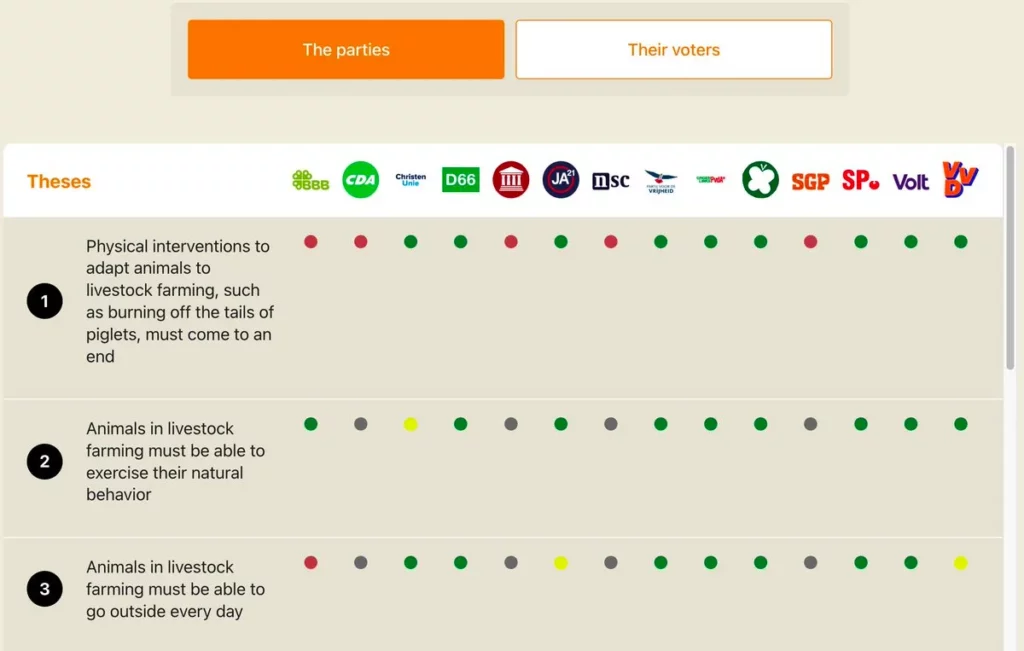
Fifth, the value of engaging political candidates and parties. I love the new approach of a Dutch coalition of animal groups, which asked each political party their stance on a set of farm animal welfare questions, and then compared their stance with the (much better) views of each party’s voters. You can help. Europeans can ask your MEPs to help revive the EU’s farm animal welfare reform; Americans can ask your representatives to oppose the EATS Act; everyone else can ask your politicians to support reforms.
All this is not to say we should focus primarily on legislation. Advocates have won stronger animal welfare policies from corporations than governments, in part because they’re less beholden to the factory farm lobby. Other advocates work to change our culture, diets, and technology — all are critical tasks. So eventually will be passing legislation. Our challenge is to convert the popular support we already enjoy into the legal protections that farmed animals deserve.
